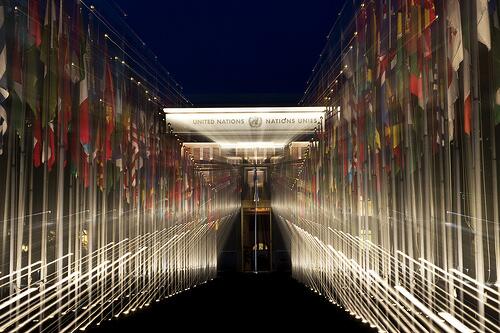
May 31, 2018
The ICJ together with ECRE, the AIRE Center and the Dutch Council for Refugees submitted a third party intervention to the UN Committee on the Rights of the Child in case D.D. v Spain 4/2016 pending in front of the Committee.
The case concerns a collective expulsion of a child from a Spanish enclave of Melilla to Morocco. The case has been declared admissible by the Committee in June 2017.
The UN CRC allows for individual complaints since April 2014 for children against countries that ratified its Third Optional Protocol on a Communications Procedure.
The current submission of the ICJ and partner organisations is focusing in particular on State’s jurisdiction (CRC article 2.1), access to the territory and non-refoulement (CRC articles 3.1, 6, 20, 37), specific safeguards for children (CRC articles 3.1, 12 and 22) and collective expulsions (CRC articles 3.1, 20 and 22).
The intervention analyses the legal principles and jurisprudence related to scope and content of States Parties’ obligations, without reference to the particular facts of the case before the Committee.
The submission will also be considered by the Committee when examining the case. It is also now being transmitted to both parties for comments, in accordance with Rule 23.2 of the Committee’s Rules of procedure on the OPIC.
The intervening organisations argue that:
- A State has jurisdiction over children who are subject to its authority or effective control on or at its land border, whether within or outside its territory. When a State Party exercises its jurisdiction over a child, its responsibility is engaged and it is required to comply with its international obligations of human rights protection, including under the Convention on the Rights of the Child (CRC), particularly as regards the assessment of the best interests of the child and the child’s right to be heard. Where a State Party is an EU Member State, it is additionally obliged to ensure the respect of the child’s best interests, protection and care necessary for the child’s well-being as well as the other child-specific guarantees under EU law.
- Children who are subject to the authority or effective control of a State on or at its land border must be granted access to the territory as a prerequisite to the initial assessment process and further afforded the opportunity to meaningfully raise objections to their transfer, as the principle of non-refoulementand the prohibition on collective expulsions require. The prohibition of refoulement on certain grounds is of an absolute nature in international human rights law and entails positive duties on the part of States, including to grant children the possibility to present the reasons against their return, to ensure their access to legal assistance and to a guardian, and to perform an individualized assessment to verify and evaluate the risk of refoulement.
- The prohibition of collective expulsion requires a thorough and rigorous assessment, including the examination of the particular circumstances of those forming part of the group of non-nationals concerned by the measure. This obligation also entails their effective identification and registration as well as information about, and access to applicable protection procedures and remedies where relevant. These safeguards apply whenever the individuals concerned fall within State Parties’ jurisdiction, including in circumstances when jurisdiction is exercised extraterritorially and irrespective of their migration status.
- When children are involved, the prohibition of collective expulsion additionally requires compliance with child-specific rights and corresponding tailored procedural safeguards. Collective expulsion entails a violation of the primary obligation to assess the best interest of the child in each individual case, which must be carried out prior to any decision to return or refuse entry or any other decision affecting children and must be adequately reflected in this decision.
UN-Third-party-intervention-DD-v-Spain-Rights-of-the-Child-May-2018-ENG(full PDF in Eng)
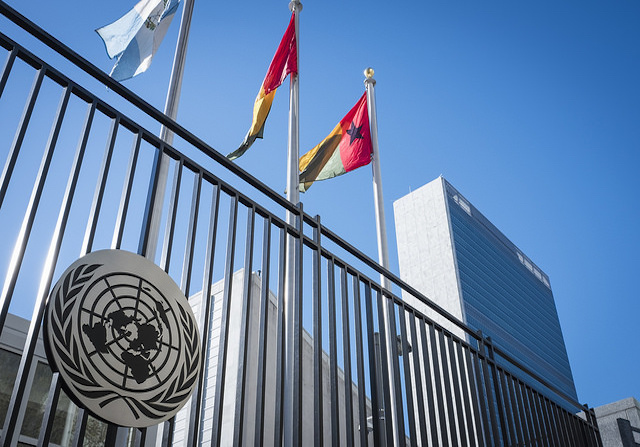
May 28, 2018 | Advocacy, Non-legal submissions
Today, the ICJ and 22 other rights organizations submitted a paper to the 30th meeting of Chairs of the human rights treaty bodies (Chairpersons meeting) in New York (28 May-1 June).
This paper is presented to the 30th meeting of Chairs of the human rights treaty bodies (Chairpersons meeting) by non-governmental organizations that contribute to many aspects of the work of the treaty bodies, including by encouraging and supporting national partners in their use of the system.
It focuses on existing good practices in treaty body working methods and makes recommendations for further discussions.
The signing NGOs hope that this submission will provide a basis for an effort by the treaty body Chairpersons to take stock of some of the important changes to working methods that the treaty bodies have undertaken and lead to further discussion on areas where greater alignment of working methods would make a particularly meaningful contribution to NGOs’ efforts to engage with the treaty bodies and promote better implementation by States of their human rights obligations.
Universal-Amnesty-Submission-to-the-30th-meeting-of-chairs-of-the-human-rights-treaty-bodies-Advocacy-non legal submission-May-2018-ENG (Full text in PDF)
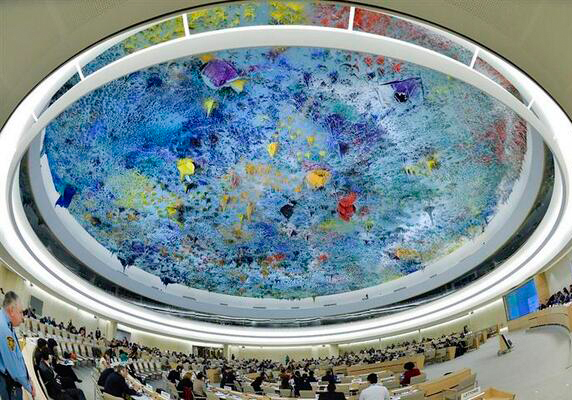
May 18, 2018 | Advocacy, Non-legal submissions
Speaking today at a special session of the UN Human Rights Council, the ICJ joined calls for an independent international inquiry into the use lethal and other force by Israeli security forces in Eastern Gaza.
The statement read as follows:
The International Commission of Jurists (ICJ) deplores apparent violations of international law by Israeli security forces during the past six weeks in Eastern Gaza near the border with Israel, in relation to demonstrations by Palestinians.
The ICJ is concerned at the many killings and serious injuries associated with the excessive, unjustified or otherwise unlawful use of force, including the killing of a number of children.
The ICJ recalls that international human rights law permits use of lethal force only when strictly necessary to protect life. The ICJ understands that Israel has taken the position that only the international law of armed conflict, and not international human rights law, was applicable, and that all lethal force used against protestors was justified. The ICJ insists that human rights law – and specifically, standards on the use of force in law enforcement contexts – was indeed applicable, and that the use of lethal force was in the circumstances wholly unjustified.
Excessive force, including lethal force, has apparently been used against unarmed persons who do not pose a threat to life. Irrespective of legal regime, such use of force is manifestly inconsistent with the principles of necessity and proportionality.
The ICJ joins the call for this Council to establish an independent Commission of Inquiry or similar investigation, to ensure accountability for serious violations of international law.
Update: The session concluded with the adoption (29 yes, 2 no, 14 abstained) by the Council of a resolution establishing a Commission of Inquiry.
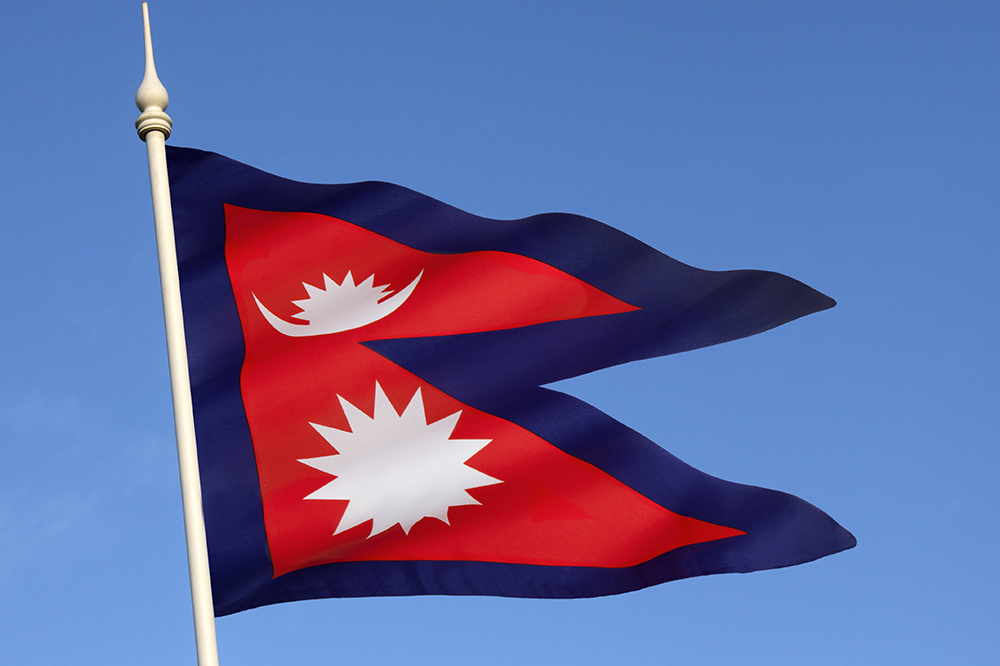
May 14, 2018
Today, the ICJ issued a mid-term submission on Nepal’s implementation of the recommendations it had received during the second cycle of the UPR review in 2015.
In its submission, the ICJ raised specific concerns about the Government of Nepal’s failure to fulfill its stated commitment to implement the recommendations it had received. The recommendations discussed in the ICJ submission, many of which restated existing legal obligations of Nepal, related to four areas:
i) Transitional justice
ii) Legislative framework to address serious human rights violations
iii) Accountability for past human rights violation
iv) International mechanisms
View the ICJ’s full submission here: Nepal-UPR report-Advocacy-Non Legal Submission-2018-ENG
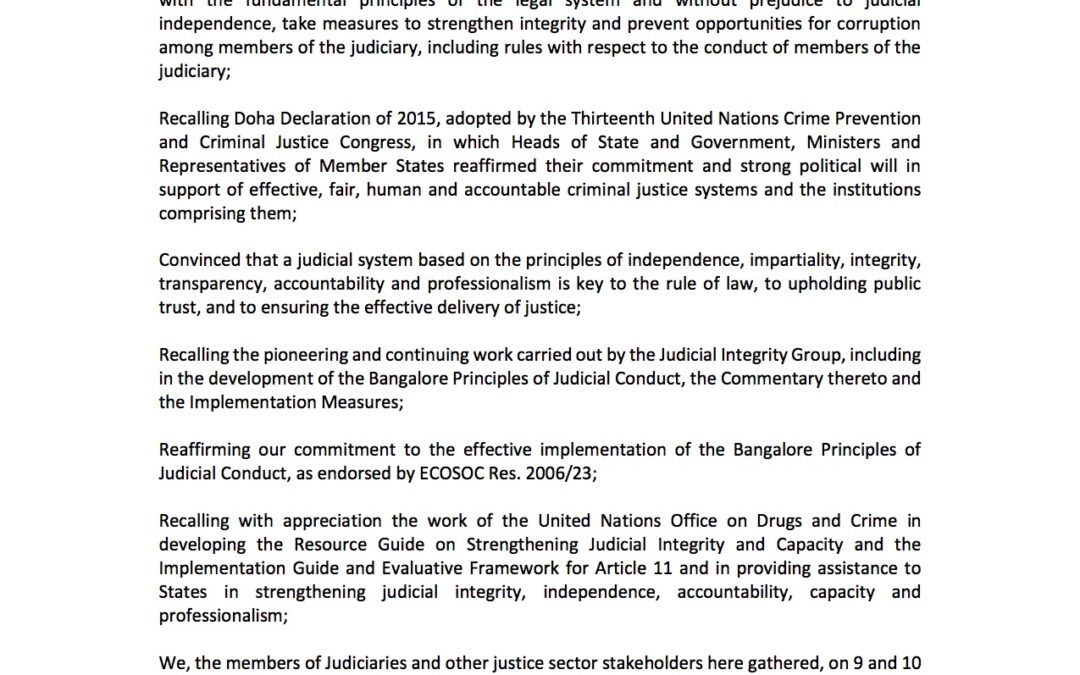
May 3, 2018 | News
The UN Office on Drugs and Crime (UNODC) today published a Declaration on Judicial Integrity, adopted by Chief Justices and other judges and stakeholders at the launch of a new Global Judicial Integrity Network in Vienna.
ICJ actively participated in the launch event, which took place 9-10 April at the UN offices in Vienna, Austria. It was one of the largest-ever gatherings of Chief Justices and other senior judges, together with other experts and stakeholders.
In addition to organising a panel discussion on judicial selection and appointment procedures in Southern and East Africa, the ICJ made the following statement to the plenary session of the launch event:
Throughout the decades since its inception in 1952, the primary and most effective means by which the International Commission of Jurists has worked to promote the rule of law around the world is precisely by bringing judges from different countries together to share experience and expertise with one another, and together to seek solutions to the common challenges they face. The Judicial Integrity Network should make a huge contribution by creating a platform for this kind of judge-to-judge engagement to take place on a global scale and a continuous basis. The sessions today and yesterday have truly illustrated the very great potential of the Network. The ICJ strongly supports the efforts of UNODC, Chief Justices, and other stakeholders to bring the Network into being, and we look forward to participating in it, promoting it, and using it in our own work with judiciaries around the world, in the years ahead.
The plenary session also accepted, by consensus, the ICJ’s proposal to include key language from the UN Basic Principles on the Independence of the Judiciary, in the Declaration.
The Declaration, Terms of Reference, and Participants List is available on the UNODC website here or can be downloaded from the following links:
Declaration on Judicial Integrity (UNODC event 2018)
UNODC GJIN Terms of Reference 2018
ICJ Practitioners Guide no 13, on Judicial Accountability, can be downloaded here: Universal-PG 13 Judicial Accountability-Publications-Reports-Practitioners Guide-2016-ENG









